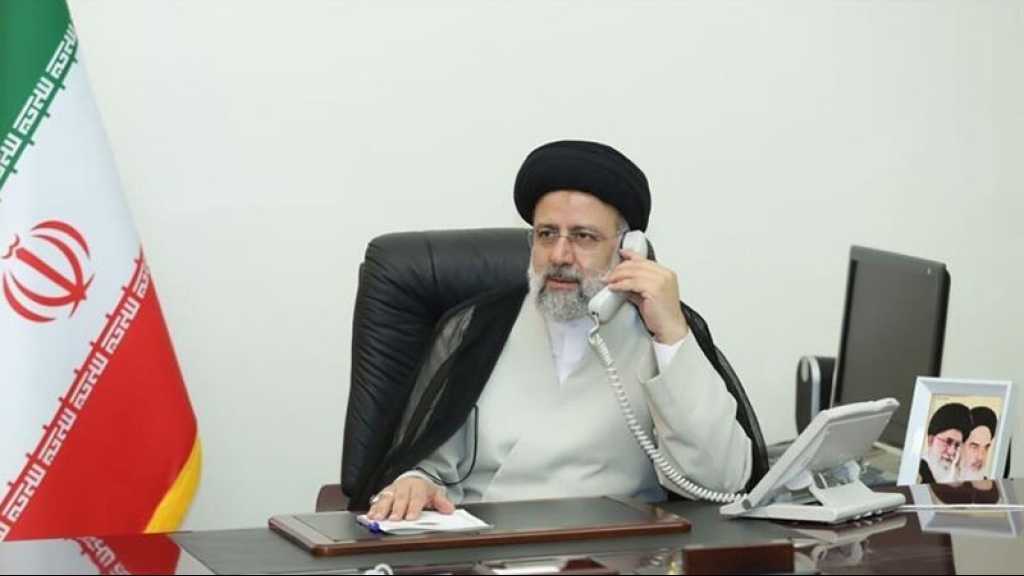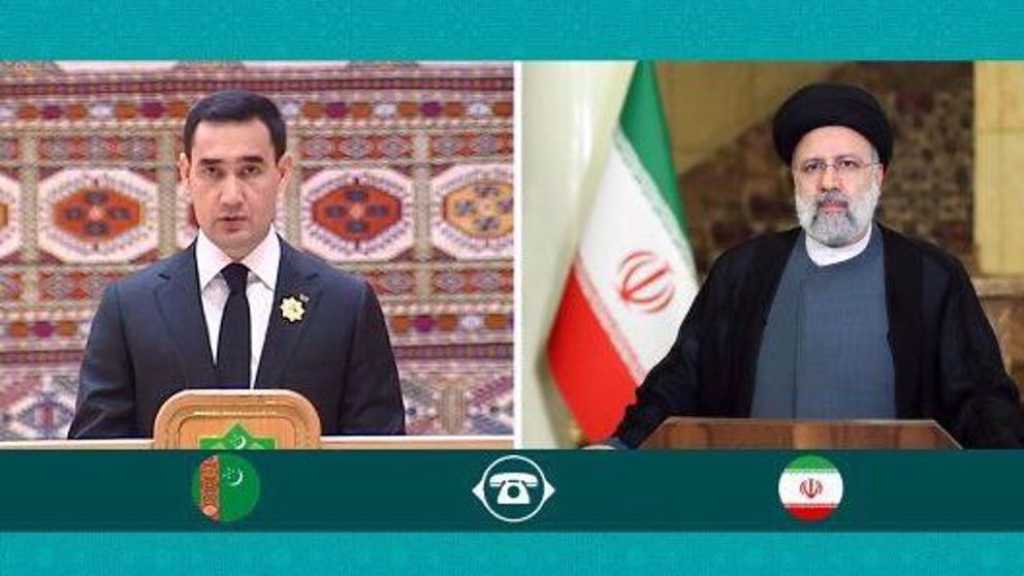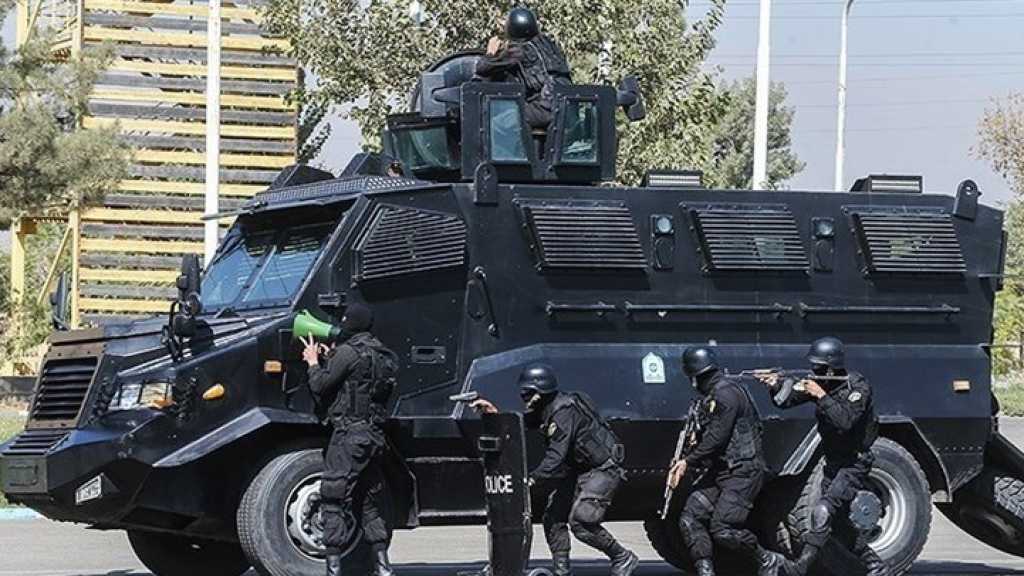
Iran Remains ’Primary State Challenger’ to Washington - Report
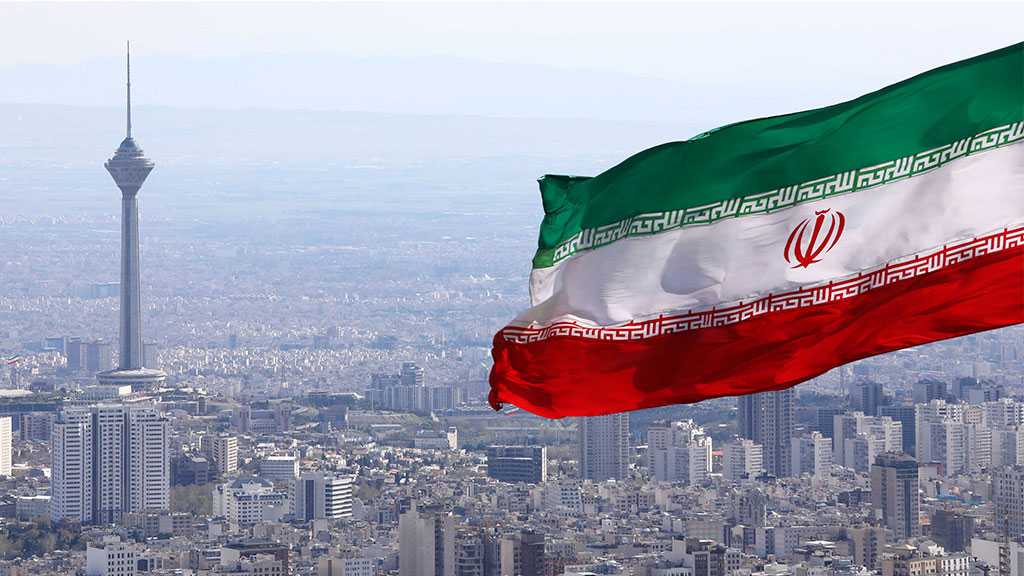
By Staff, Agencies
An annual US intelligence report claimed that the Islamic Republic of Iran is a country that continues to challenge America's interests in the Middle East, according to the London-headquartered television channel Iran International.
The document titled the "United States Worldwide Threat Assessment" was released to the Senate Select Committee on Intelligence, including contributions from the Central Intelligence Agency [CIA] and the Federal Bureau of Investigation [FBI].
Iran International cited the report as calling the Islamic Republic the "primary state challenger to US interests in the Middle East because of its sophisticated military capabilities, broad ‘proxy’ and partner networks, and periodic willingness to use force against US and partner forces."
The report also considered that Tehran "will seek to avoid escalation" with Washington while the Islamic Republic "evaluates the direction of US policy toward Iran and the status of the US presence in the region."
In this context, the document touched upon America’s last year's assassination of the head of Iran's Islamic Revolutionary Guard [IRG] elite Quds force, Lt. General Qassem Soleimani.
Martyr Soleimani was assassinated in a US drone strike on his car near the Baghdad International Airport, an attack that was authorized by then-President Donald Trump.
Iran has repeatedly signaled its readiness to do more to avenge Soleimani's assassination, stressing that ballistic missile strikes on US bases in Iraq on 8 January 2020 were just the "first slap" of vengeance.
Since the strike, the Pentagon has reported that at least 109 US servicemen have been diagnosed with ‘traumatic brain injuries.’
The US heinous crime escalated simmering tensions between Tehran and Washington that have been in place since 8 May 2018, when Trump announced Washington's unilateral withdrawal from the 2015 Iran nuclear deal, also known as the Joint Comprehensive Plan of Action [JCPOA], and reinstated crippling economic sanctions against Tehran.
This was followed by Iran announcing plans to start scaling back its JCPOA obligations, including those related to uranium enrichment.
Relatedly, the new administration of Joe Biden has often signaled its readiness to rejoin the Iran deal, with Tehran saying that all US anti-Iranian sanctions introduced after the JCPOA was signed must be scrapped.
Bringing Washington and Tehran back into compliance with the JCPOA is high on the agenda of the ongoing Vienna talks, attended by high-ranking diplomats from China, Germany, France, Russia, and the UK.
Comments
- Related News
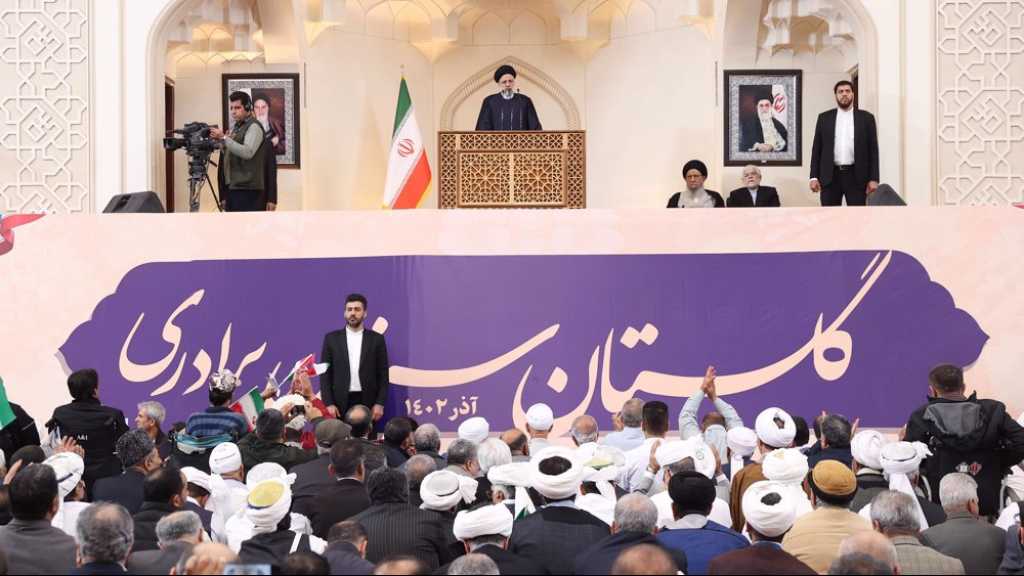
Raisi: Palestinian Resistance Astonished The World
3 months ago